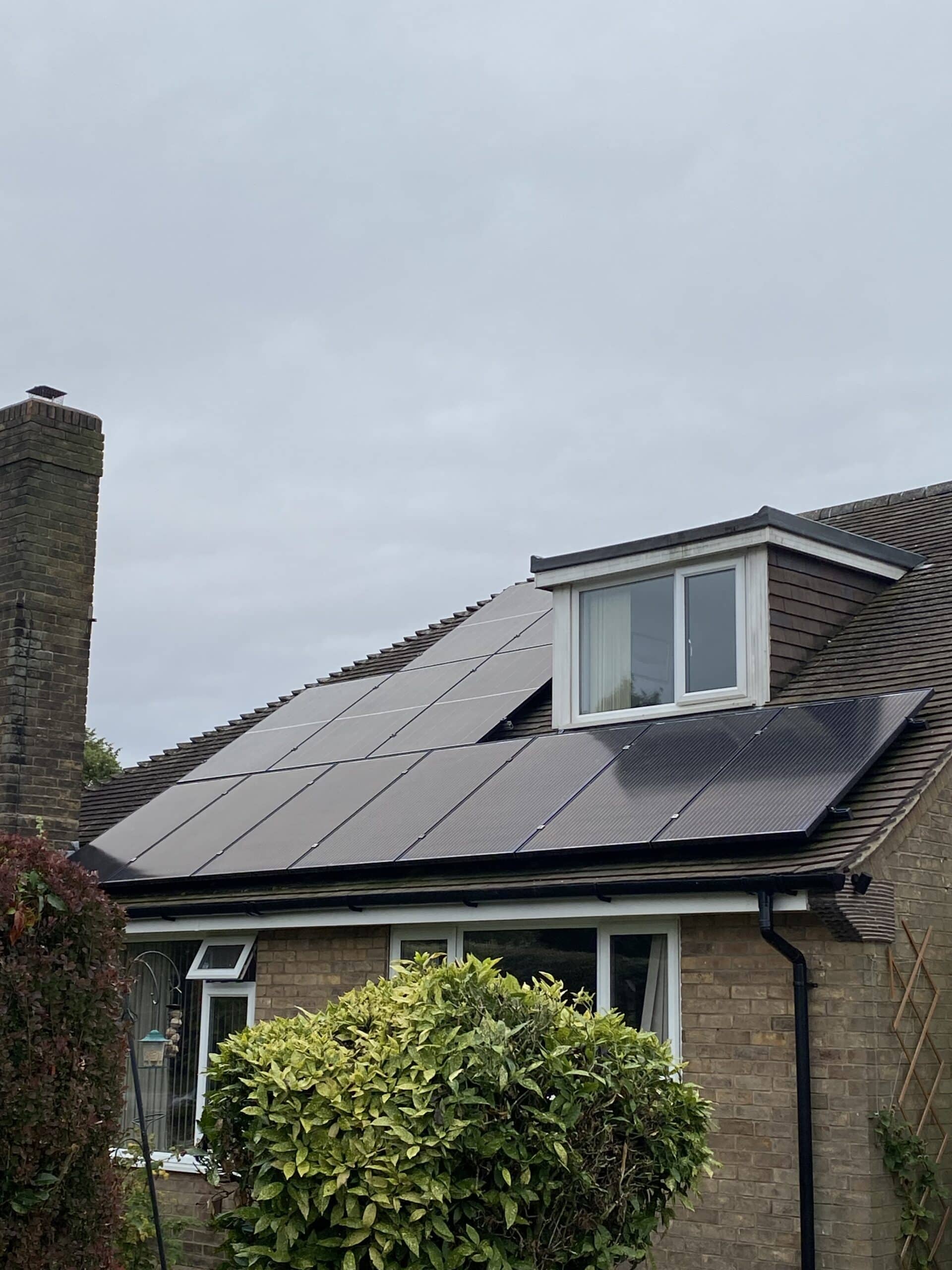UK Solar Roadmap 2025: A Once-in-a-Generation Opportunity
In June 2025, the UK Government released its long-awaited Solar Roadmap, outlining a national strategy to scale up solar energy generation to 45–47 gigawatts (GW) by 2030. This ambitious target more than doubles the UK’s current solar capacity and positions solar as a central pillar of the UK’s transition to net zero by 2050.
The roadmap is part of the wider Clean Power Action Plan, designed to decarbonise the UK’s electricity system by 2035 while driving economic growth and energy security through low carbon technologies.

Why Solar? Why Now?
The UK’s move to accelerate solar deployment is driven by four core benefits:
- Energy Security
Solar reduces dependence on volatile fossil fuel imports and strengthens domestic supply resilience. Furthermore, it’s one of the fastest and most cost-effective technologies to deploy, playing a critical role in stabilising electricity prices.
- Household Savings
Solar power, especially from rooftops, can significantly reduce electricity bills. In fact, the government highlights solar as one of the “cheapest forms of power available”, with long-term benefits for consumers.
- Green Jobs & Industry Growth
Scaling to 45–47 GW is expected to support tens of thousands of new jobs across manufacturing, installation, maintenance, and professional services. As a result, it represents a major growth opportunity for the clean energy sector.
- Minimal Land Use
Even with ambitious targets, solar would use less than 0.5% of UK land. Therefore, it’s a low-impact solution that complements farming and biodiversity when properly sited.

6 Priority Areas in the Roadmap
The UK Solar Roadmap outlines 72 targeted actions, grouped into six strategic focus areas:
- Making rooftop solar “the norm” on new buildings
- Supporting retrofitting in schools, hospitals, and public estates
- Grid Reform
- Cutting connection times and accelerating approvals
- Ensuring the grid can accommodate up to 47 GW of new capacity
- In addition, supporting energy maintenance services across domestic and commercial infrastructure
- Innovation in Access
- Exploring “plug-in” solar systems for flats and rented homes
- Supporting off-the-shelf and modular solar for easier adoption
- Carport & Land-Based Solar
- Enabling solar car parks and dual-use land projects
- Developing best-practice frameworks for planning and design
- Skills & Supply Chains
- Growing a skilled workforce with industry-led training
- Supporting domestic panel and inverter manufacturing
- Ethical Procurement
- Implementing the Procurement Act to ensure that UK-funded solar does not rely on supply chains linked to forced labour
From 18 GW to 47 GW – and Beyond
As of early 2025, the UK had around 18 GW of installed solar capacity across nearly 1.8 million sites, the vast majority being domestic rooftops. However, utility-scale sites and commercial installations provide most of the actual generation capacity.
The roadmap charts a pathway to more than double this capacity by 2030. Notably, there’s potential to exceed 50 GW if grid reforms and rooftop uptake move faster than expected.
Real-World Impact
- In May 2025, solar generation reached 2.5 TWh, equivalent to powering 850,000 homes for a month or offsetting approximately £600 million in gas imports.
- Meanwhile, the UK’s largest solar farm, Cleve Hill (373 MW), officially began operations in July 2025, paired with 150 MW of battery storage, showcasing how low carbon technologies can scale when policy and infrastructure align. As a result, it sets a strong precedent for future projects.
What It Means for You
Homeowners:
- Easier access to rooftop solar, more grant support, and potential for modular “plug-in” systems.
Businesses & Developers:
- Clearer planning guidance, quicker grid connections, and carport-friendly policies.
Local Authorities:
- Policy certainty, funding pathways, and procurement frameworks that enable community-scale projects.
Remaining Challenges
While the roadmap is ambitious, delivery depends on:
- Firstly, grid readiness: National Grid must streamline connections and upgrade capacity
- Secondly, workforce expansion: Skilled labour must grow in line with deployment
- Thirdly, public awareness: Local communities need clarity on benefits and minimal disruption
- Finally, long-term investment: Ongoing support through Contracts for Difference (CfDs) is vital to sustain investor confidence
Conclusion: Seizing the Solar Moment
The UK Solar Roadmap 2025 is more than a policy, it signals a national mission. With strong government backing, clear action points, and a path to 47 GW by 2030, the UK is poised to become a European leader in solar power and low carbon technologies.
This is the moment for:
- Households to future-proof their energy use
- Installers to expand capacity and skills
- Developers to innovate
- Policymakers to deliver
Ultimately, sunshine is free. Let’s use it wisely.
Ready to Go Solar with Radiant Renewables?
At Radiant Renewables, we’re already delivering on the UK’s Solar Roadmap , helping homeowners, developers, and local authorities make the shift to clean, low-cost solar power.
- Designing and installing high-performance rooftop and carport systems
- Supporting retrofit and new-build projects across the Midlands and beyond
- Fully aligned with UK Government solar targets and funding pathways
Let’s turn policy into progress – and sunshine into savings.
Speak to our team about your next solar project
info@radiant-renewables.co.uk
